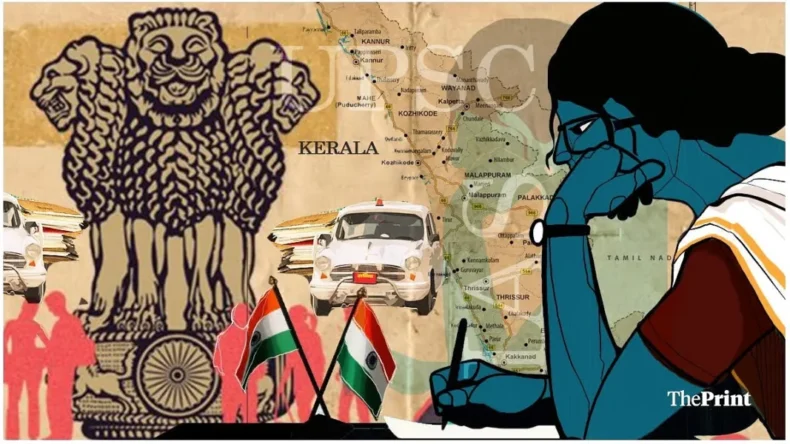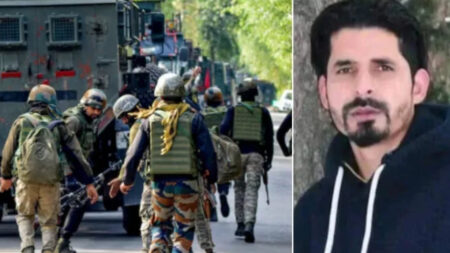For a long time, punishment postings and garage postings have been used by political officers against the bureaucrats. This is the way to show their disagreement with civil servants’ decisions or punish them for their acts.
A ‘punishment posting’ happens when an officer is transferred to a place that isn’t politically or administratively lively. So, getting transferred to a place like Delhi wouldn’t be considered a punishment, but one to a remote region or state might .
Sanjeev Khirwar and his wife Rinku Dugga, both 1994-batch, have been transferred to separate stations. They made headlines when walking their dog at the Thyagaraj stadium and hampering athletes’ practice.
Khirwar was transferred to Ladakh and his wife was transferred to Arunachal Pradesh. Arunachal Pradesh, Nagaland and Ladakh are the places which are named as ‘Kala Pani’.
The Northeast postings have always had a bad reputation and the officers who are posted here are known as suitcase officers.
“They live out of their suitcases hoping they will be transferred out soon,” says Vappala Balachandran, a national security expert and a retired IPS officer who served as special secretary, cabinet secretariat.
There is an appointments committee at the centre and committees under the chief minister’s office in the states for making transfers. But almost all civil servants admit that postings assigned to them are as per the whims of the ruling party to put officers in place.
To discipline an officer, governments send them to a remote or less developed region to teach them a lesson.
Former IAS officer’s experience
TR Ranghunathan, a former IAS officer, calls punishment transfers ad hoc and arbitrary. “There is no fairness, no nuance and no rules. This is the culmination of past practices, but things have become murkier under this government. They do not care about any officer or for law.” He said.
He himself remembers his experiences when he and his wife were posted in different locations. He says it was a very tormenting experience because his wife was pregnant. He feared losing his child as she was alone and his son was born in an emergency situation.
Rules of Transfer in Civil Services
The three All India Services, i.e., Indian Administrative Service (IAS), Indian Police Service (IPS), and Indian Forest Service (IFS), are governed by the All-India Service Conduct Rules, 1968.
There are 23 rules in total and they have been amended 37 times. Other civil services are governed by the Central Civil Services (CCS) Conduct Rules, 1964 which has 25 rules.
The basics are that every officer should uphold the values of the constitution and not take decisions to get some personal or financial benefit.
Despite all this, violations are commonplace, and actions are seldom taken. Article 311 of the constitution protects civil servants from arbitrary dismissal and transfers.
But this article of constitution is never taken seriously when making transfers based on personal issues. Most whistleblower IAS officers have to go through punishment postings.
Is Punishment Posting just a perception?
What really constitutes a punishment posting is just perception. Being posted in remote and backward areas shouldn’t be considered as a punishment but an opportunity.
Don’t all the regions of the country deserve good administrators. Northeast region, Ladakh, and other backward regions do require more attention as they suffer from lack of attention from political parties and the bureaucracy.
The reason they are looked upon as punishment has to do with the way the IAS is structured. These places are seen as places for vacation but not for living or working.
This perception needs to change, instead of considering them as punishment, they need to be considered as an opportunity.
Read More: Asianatimes.com













